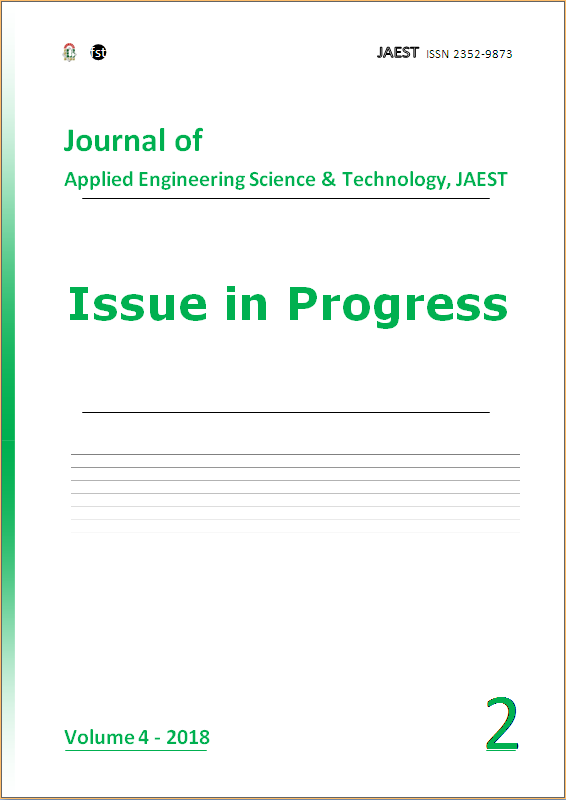Experimental study of solar adsorption refrigeration device
Abstract
This work presents an experimental study of a solar adsorption refrigeration device using activated carbon AC-35 /methanol as working pair. The studied device is designed, realized and tested in the Development of Solar Equipment Unit, UDES, Tipaza (Algeria). The adsorption and desorption tests, carried out on the experimental device, were conducted inside the laboratory using a halogen lamp as an energy source instead the sun. The lamp is installed perpendicularly to the surface of the tubular adsorber to test four radiation levels: 800, 820, 1000 and 1020 W/m². A calculation code is developed, using the Dubinin-Astakhov mathematical model, to evaluate the thermodynamic coefficient of performance, COPth, of the experimental device. Thus, a parametric study is presented to examine the influence of the construction material and the weight of the adsorber on the COPth, the amount of cold produced in the evaporator, Qf, and the total heat supplied to the system, Qc.
J. Appl. Eng. Sci. Technol. (JAEST - ISSN 2352-9873) is a peer-reviewed quarterly journal dedicated to the applied engineering sciences and technology. The JAEST provides immediate open access to its content on the principle that making research freely available to the public supports a greater global exchange of knowledge.
There is no submission or publication fee for papers published in the JAEST.
Authors who publish in the JAEST agree to the following terms:
- Authors retain copyright and grant the journal right of first publication with the work simultaneously licensed under a Creative Commons Attribution License that allows others to share the work with an acknowledgement of the work's authorship and initial publication in the JAEST.
- Authors are able to enter into separate, additional contractual arrangements for the non-exclusive distribution of the journal's published version of the work (e.g., post it to an institutional repository or publish it in a book), with an acknowledgement of its initial publication in the JAEST.
- Authors are permitted to post their work online (e.g., in institutional repositories or on their website) prior to and during the submission process, as it can lead to productive exchanges, as well as earlier and greater citation of published work (See The Effect of Open Access). Any such posting made before acceptance and publication of the Work shall be updated upon publication to include a reference to the JAEST and a link to the online abstract for the final published Work in the Journal.






